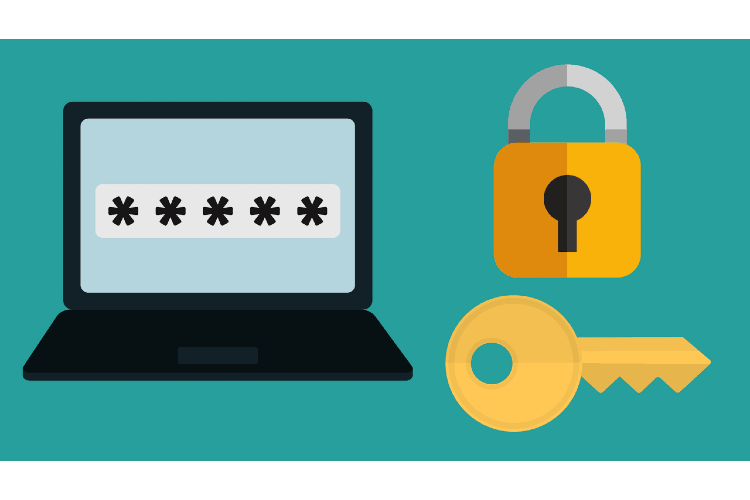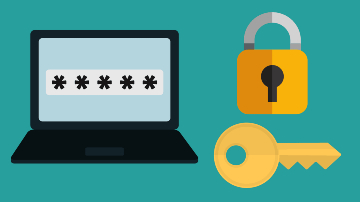
Sharing your passwords with people you trust is riskier than you think. One of the aspects of managing online accounts is keeping passwords safe from untrustworthy sources. Password sharing, providing login credentials on unsecured websites, using weak passwords, and other bad habits expose businesses to costly risks. There are still some organizations that take password security lightly. They must understand the consequences of password sharing at work. Here are the top five security risks of workplace password sharing:
Single sign-on
SSO is an authentication scheme that allows users to access multiple corporate software and applications with a single ID and password. A single password can be used to access dozens of enterprise login accounts. Although this practice appears to benefit from reducing the burden of remembering and entering passwords, it also has drawbacks. Password sharing is a common practice that creates password security vulnerabilities and organizational issues.
Credential sharing
Password sharing at work is a common practice in many organizations for many reasons, but it can have disastrous consequences. According to cybersecurity research, 42% of people share their work login credentials to collaborate with teammates. 34% of respondents stated that this practice saves money on user-limited software. The rest of the respondents said that the company policy is to share passwords for specific accounts. Finally, no matter how effective these practices appear, sectors such as Banking, Financial Services, and Insurance (BFSI) may be vulnerable to a massive data breach.
Password reuse
Almost every user has the habit of using the same password to access multiple accounts. However, reusing the same old passwords empowers employees to increase the risk of a single stolen password for the company. Furthermore, reusing a password across multiple websites may result in a data breach because if attackers gain access to one site, they will attempt to target other corporate accounts using the same information.
Cloud computing
Many businesses are flocking to the cloud because it provides enterprise benefits such as cost savings and rapid development. However, many cloud computing-based applications and software are inadequately secured. According to a survey, 80% of 12000 cloud services allow weak passwords, a password security flaw. A shared password can easily give hackers access to the organization's valuable and confidential information.
Emailed passwords
Employees share passwords via email to collaborate with colleagues on a project or meet other requirements. Because of a lack of security awareness training, password sharing in emails becomes habitual. A security service provider once reported that less than 20% of employees who telecommute are aware of the organization's employee password-sharing policy. Employees must understand the risks of password sharing in telecommunications. Such practices enable hackers to exploit sent messages while browsing the employee's hacked email account.







.webp)